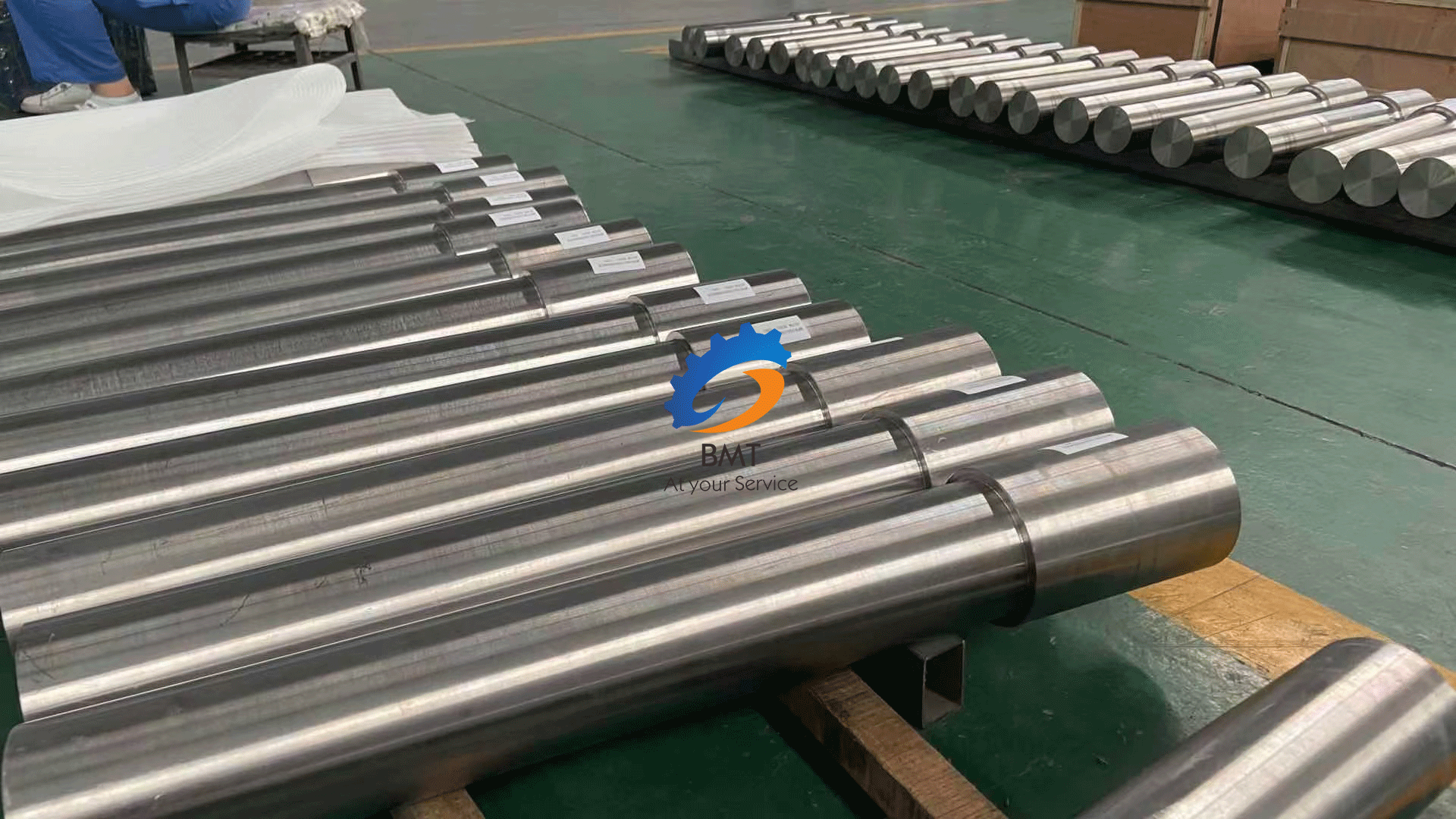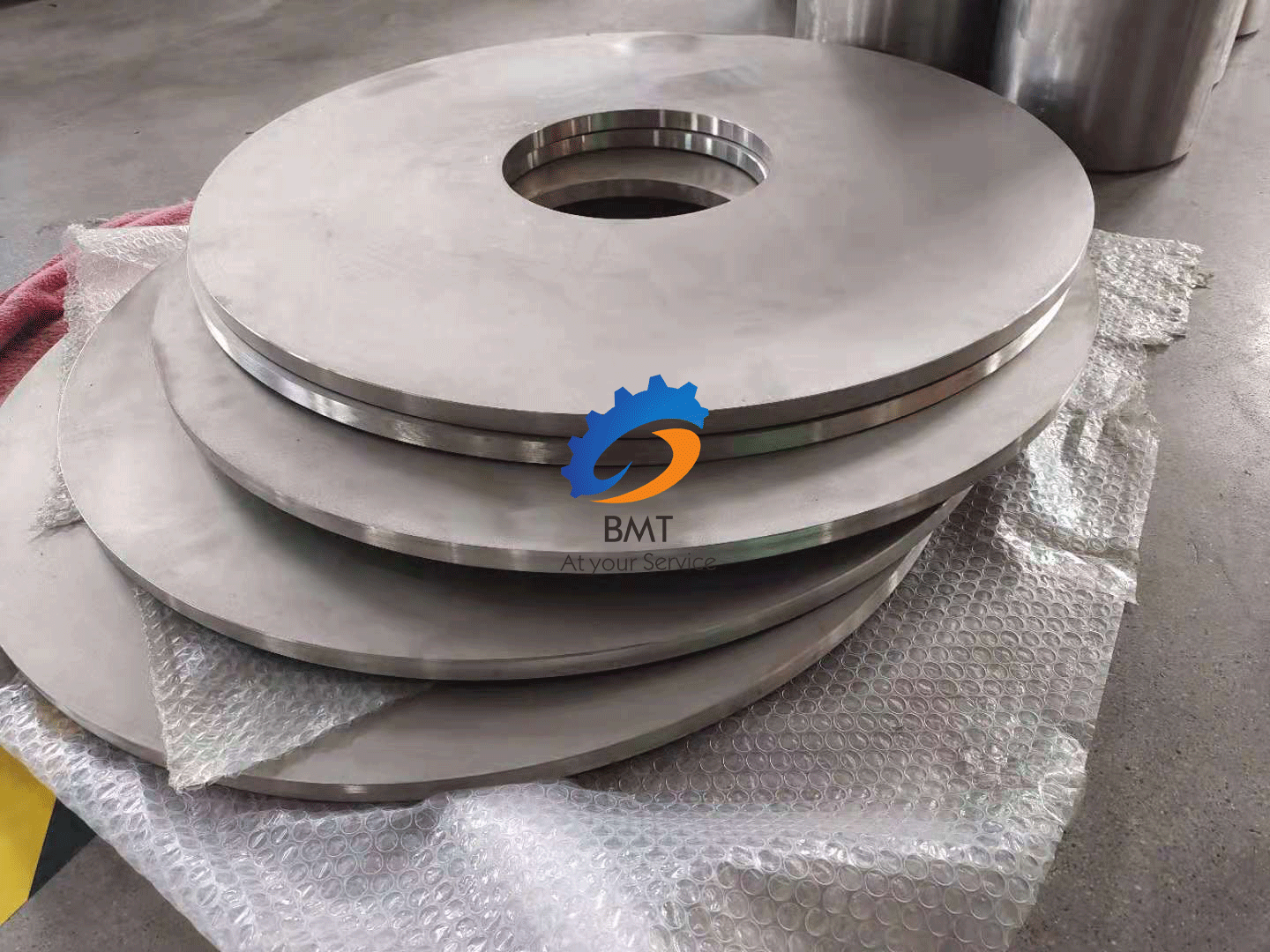
In a groundbreaking development, a team of scientists has successfully developed a new titanium plate that offers both improved strength and increased biocompatibility. The breakthrough is set to revolutionize the field of medical implants and orthopedic surgeries. Titanium plates have long been used in medical procedures, such as reconstructive surgery and the treatment of bone fractures. However, one of the challenges of using titanium implants is their potential for complications like infection or implant failure. In order to overcome these issues, the team of researchers focused on improving the biocompatibility of the titanium plates.


The team, led by Dr. Rebecca Thompson, spent several years investigating various methods and materials to achieve their goal. Finally, they were able to develop a new titanium plate by modifying the surface of the material at a microscopic level. This modification not only enhanced the strength of the plate but also improved its biocompatibility. The modified titanium plate underwent extensive testing in both laboratory and clinical settings. The results were highly promising, with the plate demonstrating exceptional strength and durability.
Moreover, when implanted in animals, the modified titanium plate showed significantly reduced chances of infection or tissue rejection. Dr. Thompson explains that the new plate has a unique surface texture that allows for enhanced integration with bone tissue. This feature is critical for successful implantation and long-term stability. The team believes that this increased biocompatibility will greatly reduce the risk of complications and improve patient outcomes. The potential applications for this new titanium plate are vast. It can be used in various orthopedic surgeries, including the treatment of fractures, spinal fusions, and joint replacements. Additionally, the plate shows promise in dental implants and other reconstructive procedures.

The medical community has hailed this breakthrough as a significant advancement in implantable materials. Dr. Sarah Mitchell, an orthopedic surgeon, notes that titanium plates are commonly used in her practice, but the risk of complications has always been a major concern. The new enhanced titanium plate offers a remarkable solution to this problem. Furthermore, the new titanium plate has also caught the attention of the aerospace industry. Due to its increased strength, it can potentially be used in aircraft manufacturing, contributing to lighter and more fuel-efficient aircraft. This groundbreaking development opens the door to further research and innovation in the field of implantable materials. Scientists are now excitedly exploring other modifications and combining materials to create even stronger and more biocompatible modifications.


However, it is important to note that the new titanium plate is currently undergoing further testing and regulatory approval before it can be made widely available. The team of scientists is optimistic about the future prospects of their invention and hopes that it will soon benefit patients worldwide. In conclusion, the development of a new titanium plate with enhanced strength and improved biocompatibility marks a significant breakthrough in the medical and aerospace fields. The modified plate offers a solution to the risks associated with current titanium implants and opens up new possibilities for the treatment of fractures, joint replacements, and other reconstructive procedures. With further testing and regulatory approval, this innovation has the potential to improve patient outcomes and contribute to advancements in implantable materials.
Post time: Jul-17-2023
